In this curated list, we delve into the shadowy world of espionage, political intrigue, and the ever-present threat of communism during the Cold War era. These films not only provide a thrilling narrative but also offer a glimpse into the ideological battles that shaped the 20th century. From undercover agents to double-crosses, each film in this collection brings a unique perspective on the complex interplay between detective work and the communist threat, making them essential viewing for anyone fascinated by this era of history.

The Manchurian Candidate (1962)
Description: This classic thriller explores the chilling possibility of brainwashing and political manipulation by communists. It's a must-watch for its intense plot and unforgettable performances.
Fact: The film was so controversial that it was withdrawn from circulation after the assassination of JFK, only to be re-released years later.
 Watch Now
Watch Now
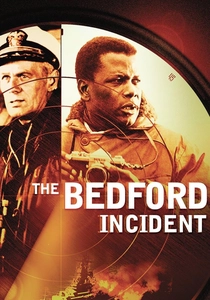
The Bedford Incident (1965)
Description: While not directly about communists, this film captures the paranoia and tension of the Cold War, where a U.S. destroyer captain's obsession with finding a Soviet submarine leads to a dangerous confrontation.
Fact: The film was one of the first to depict the psychological effects of the Cold War on military personnel.
 Watch Now
Watch Now
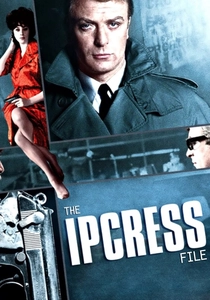
The Ipcress File (1965)
Description: Harry Palmer, a British spy, investigates the brainwashing of scientists by a mysterious organization, hinting at communist involvement.
Fact: Michael Caine's portrayal of Harry Palmer became iconic, leading to several sequels.
 Watch Now
Watch Now
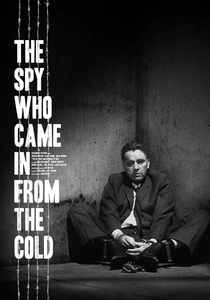
The Spy Who Came in from the Cold (1965)
Description: Based on John le Carré's novel, this film delves into the murky world of espionage where a British agent is sent to East Germany to sow disinformation and undermine the communist regime.
Fact: The film was shot in black and white to reflect the bleakness of the Cold War era.
 Watch Now
Watch Now

Funeral in Berlin (1966)
Description: Another Harry Palmer adventure, this time involving a defection from East to West Berlin, showcasing the complexities of Cold War espionage.
Fact: The film was shot on location in Berlin, adding authenticity to the setting.
 Watch Now
Watch Now
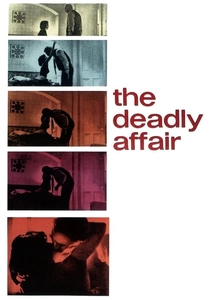
The Deadly Affair (1967)
Description: A retired British agent investigates a suspected communist spy, leading to a web of deceit and betrayal.
Fact: The film was adapted from John le Carré's first novel, "Call for the Dead."
 Watch Now
Watch Now
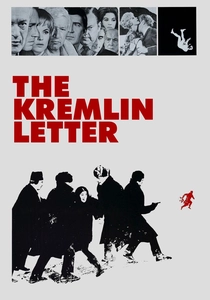
The Kremlin Letter (1970)
Description: A complex tale of espionage where a group of American agents are sent to Moscow to retrieve a letter that could expose a Soviet spy ring in the U.S. government.
Fact: The film features a rare appearance by Orson Welles in a supporting role.
 Watch Now
Watch Now
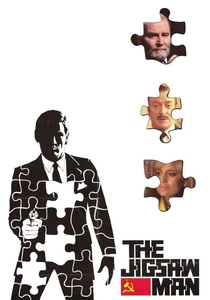
The Jigsaw Man (1983)
Description: A retired British spy, once disgraced for being a double agent, is called back to service to deal with a Soviet defector, showcasing the enduring impact of communism on espionage.
Fact: The film was Michael Caine's last spy role for over a decade.
 Watch Now
Watch Now
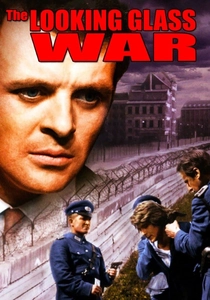
The Looking Glass War (1970)
Description: Based on a John le Carré novel, this film follows British intelligence operatives in a botched operation against the Soviets, highlighting the human cost of espionage.
Fact: The film was not well-received initially but has since gained a cult following for its gritty realism.
 Watch Now
Watch Now
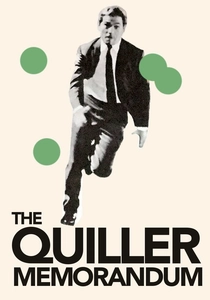
The Quiller Memorandum (1966)
Description: A British agent is sent to Berlin to investigate a neo-Nazi group with possible communist ties, blending detective work with political intrigue.
Fact: The film was based on a novel by Adam Hall, and its plot was inspired by real-life events.
 30 Days Free
30 Days Free









